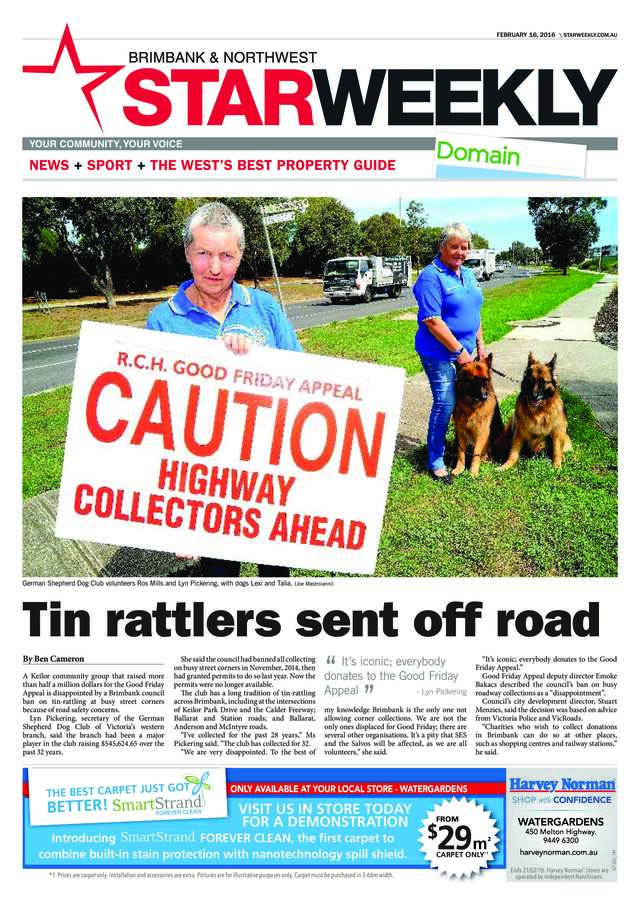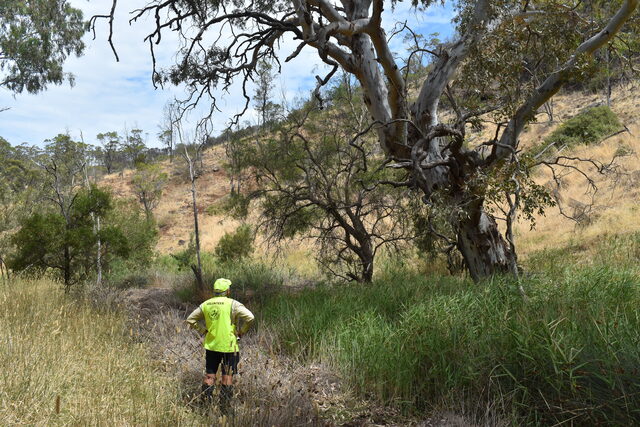A Sunshine West dog owner will face off with Brimbank council at the Victorian Civil and Administrative Tribunal after successfully appealing a council decision to label her American staffordshire terrier-cross a restricted-breed dog, meaning the dog would be put down.
Saving her pet has been a two-year legal battle for Jessica Gray.
She appealed the initial decision to VCAT, which supported the council, then took her case to the Supreme Court. The court ordered the case involving “Mylo” be sent back to VCAT and judged under a new standard for restricted-breed dogs. That hearing is scheduled for May 12.
The dog, which belongs to Mrs Gray’s teenage daughter, has been on death row since a council officer found it wandering alone and unregistered in May 2012. The council maintains it is an American pitbull.
“We’re very positive he’ll come home,” Ms Gray said. “We have a great legal team. This is the only option council has left. I’ve paid for DNA samples. His father was an American staffy, while his mother was six or seven different breeds, but it’s not admissible in court. We’re only allowed to see him for half an hour, one day a week. It’s very hard for [daughter] Brodie, she can’t go and see him any more; she gets too upset.”
Ms Gray said she signed an animal-surrender authorisation form under duress when Mylo was first picked up.
A veterinarian with experience in breeding and judging bull terriers told a VCAT hearing that Mylo did not comply with the standard for pitbull terriers.
More than 13,000 people have signed an online petition calling for the dog to be released, while a Facebook page has 6779 likes. However, council officer Tim Christie believed Mylo was a restricted breed.
Council’s city development director Stuart Menzies said the Supreme Court appeal was successful due to a “legal technicality” with a previous VCAT decision. “There was no finding against council’s handling of the matter or the content of its evidence in the Supreme Court decision,” he said.
“Council remains committed to responsible pet ownership and the safety of the community in administering state government legislation regarding domestic animals.”
















